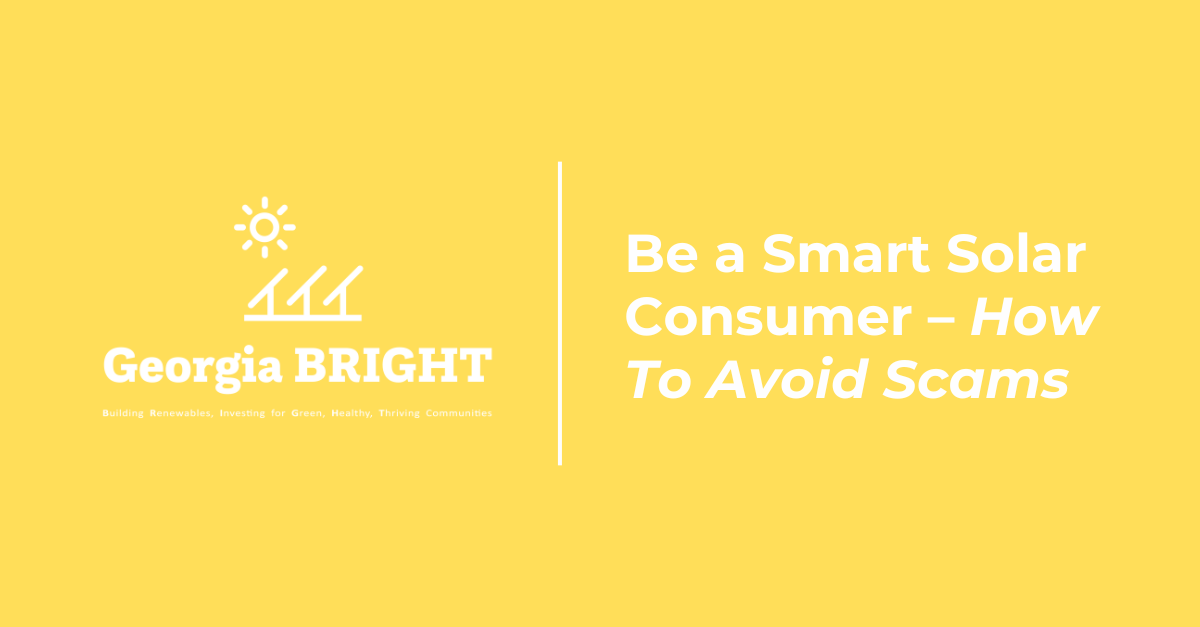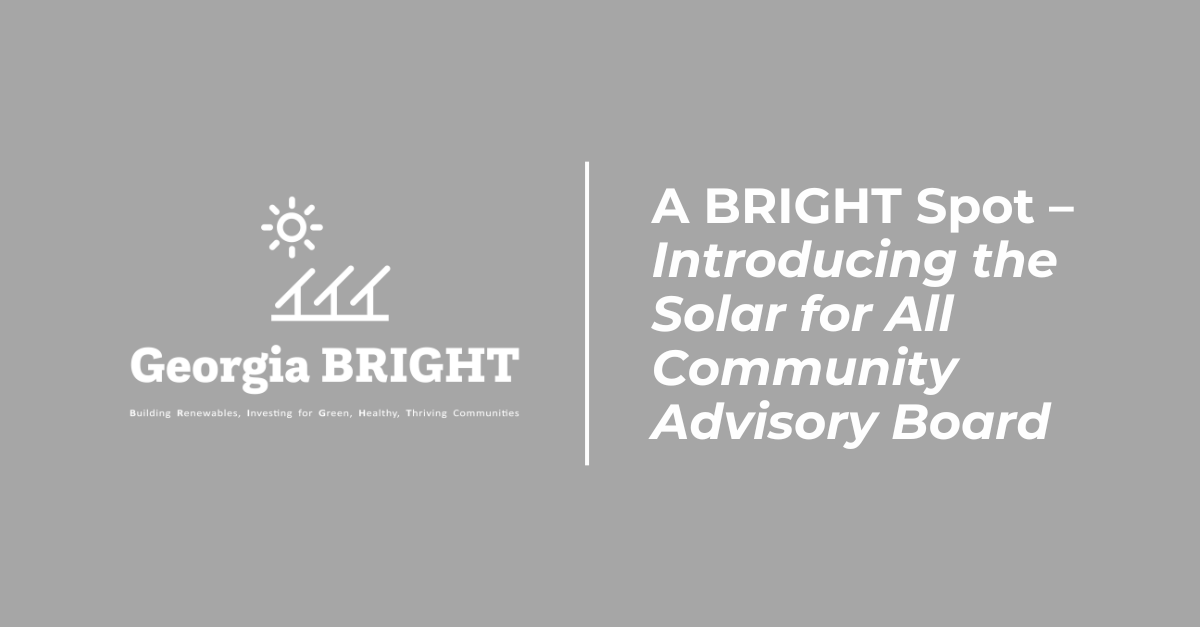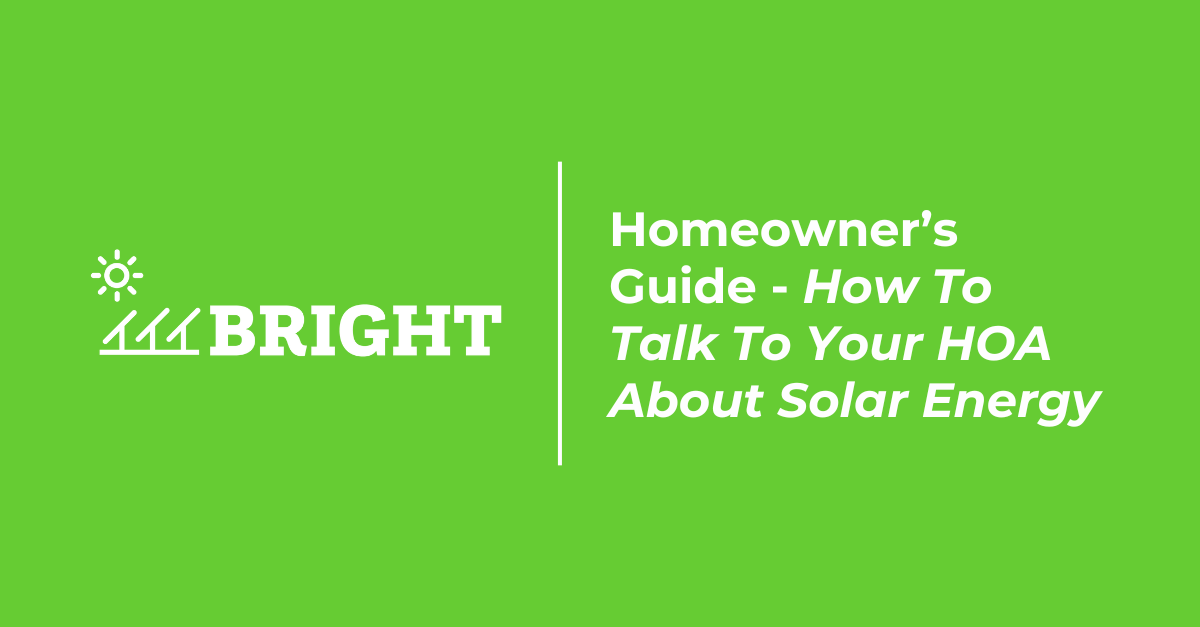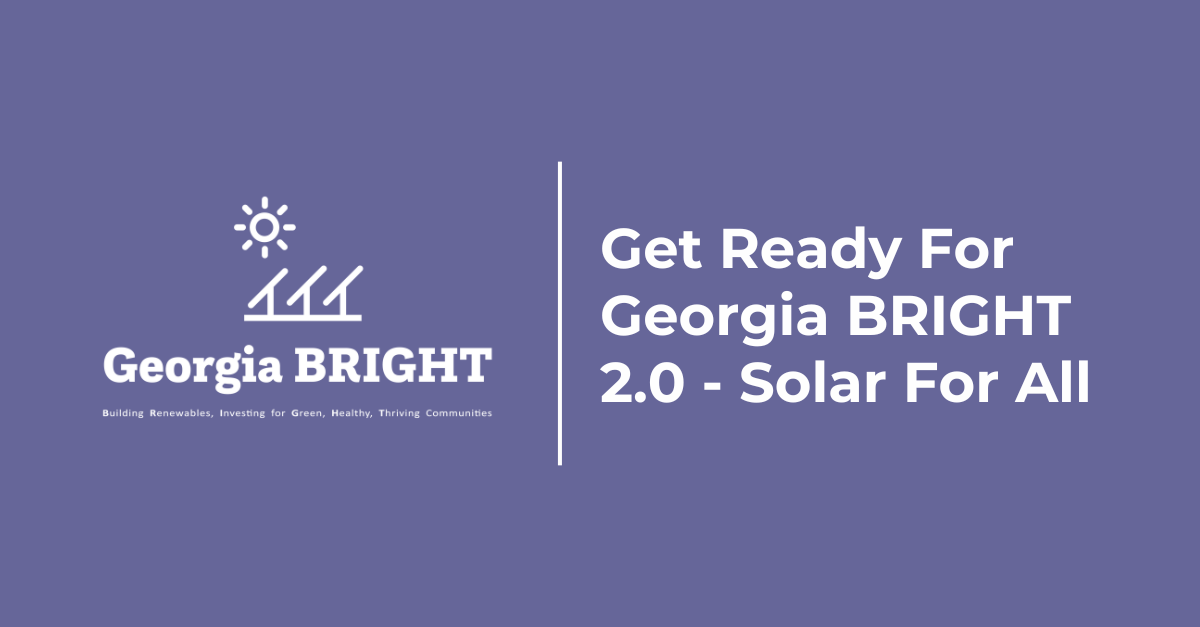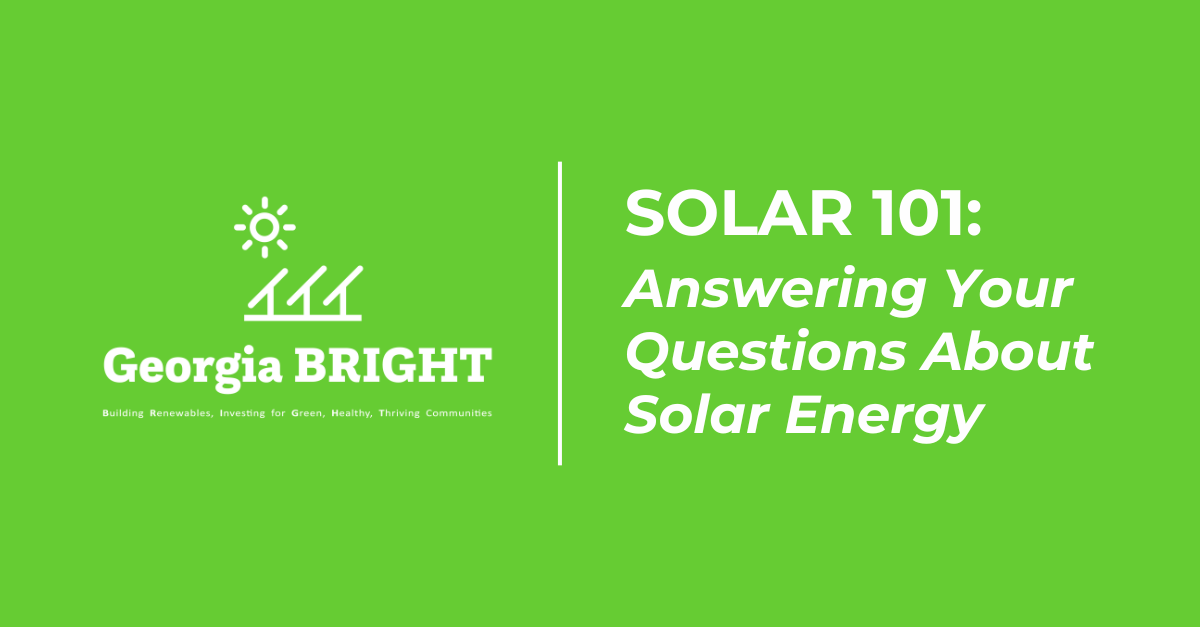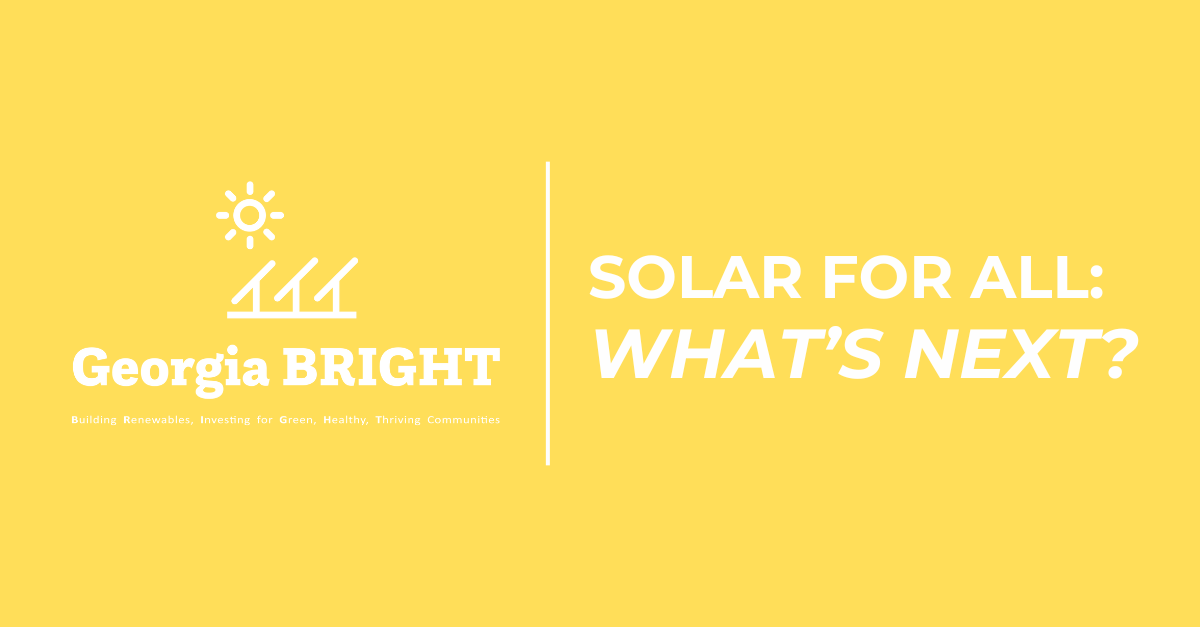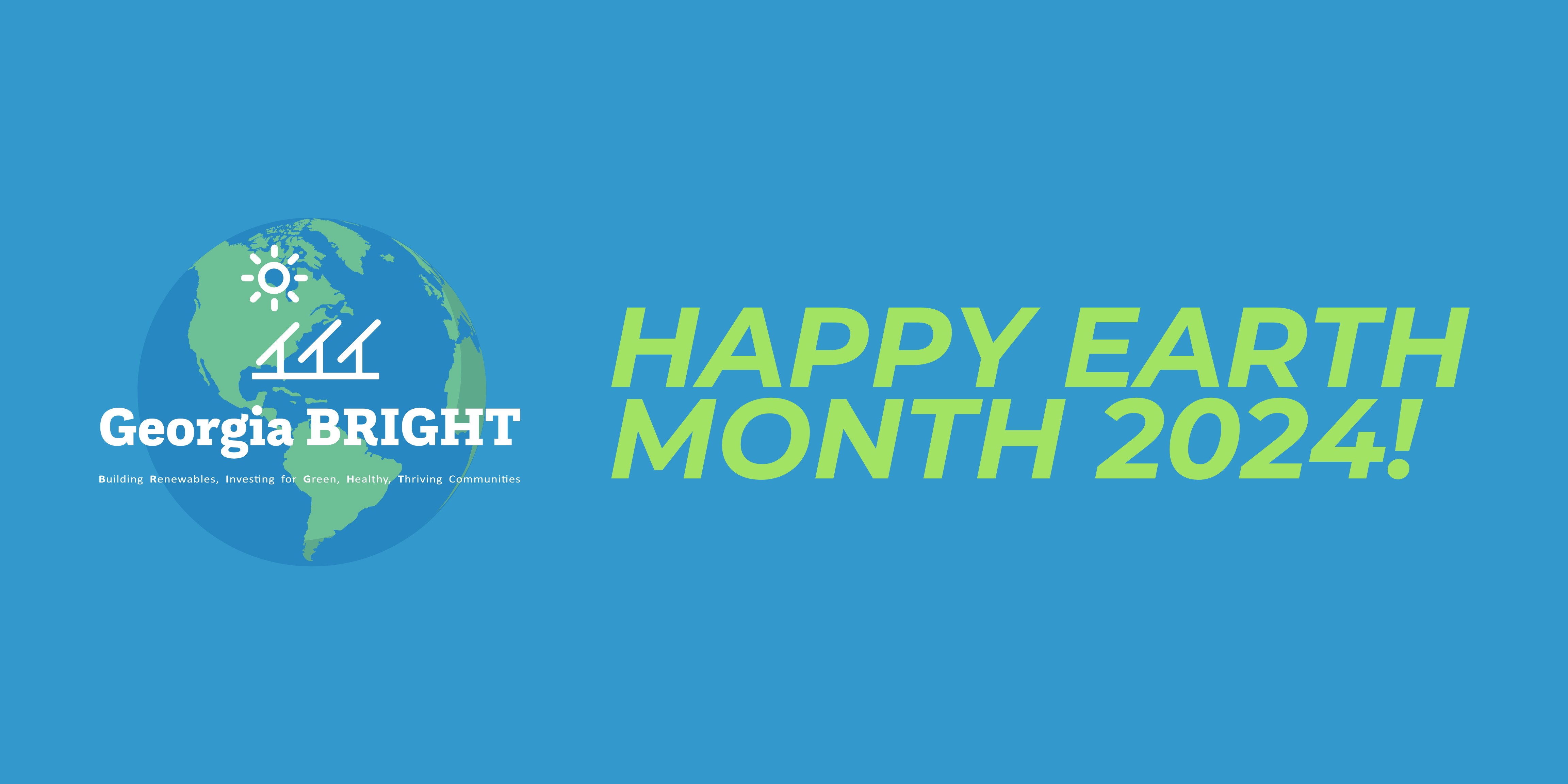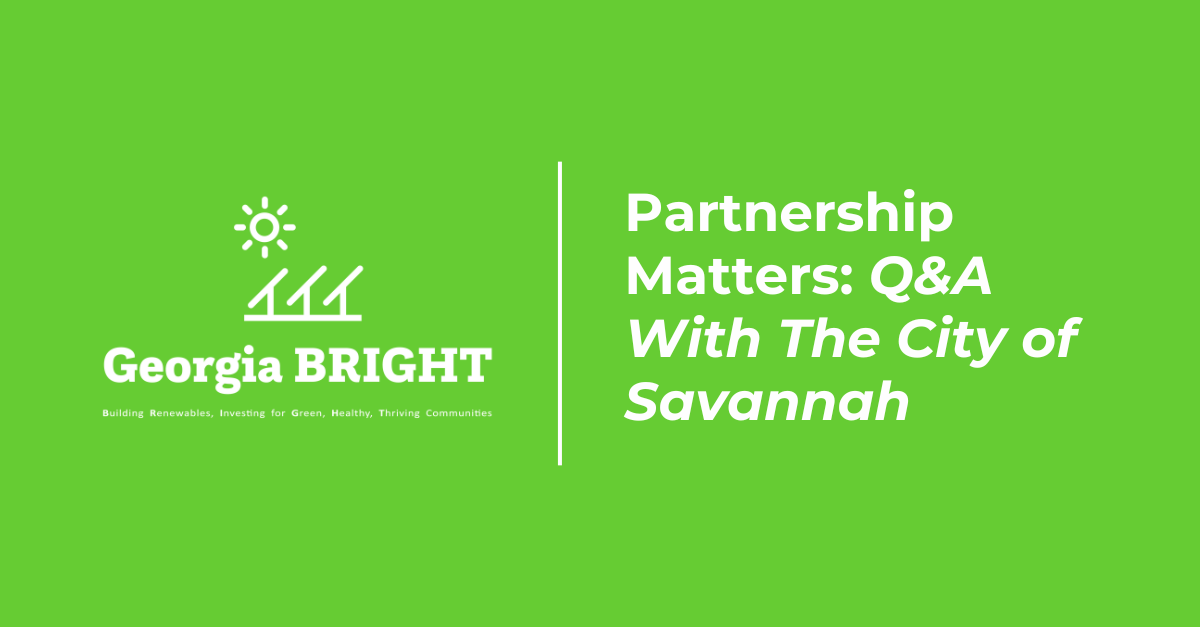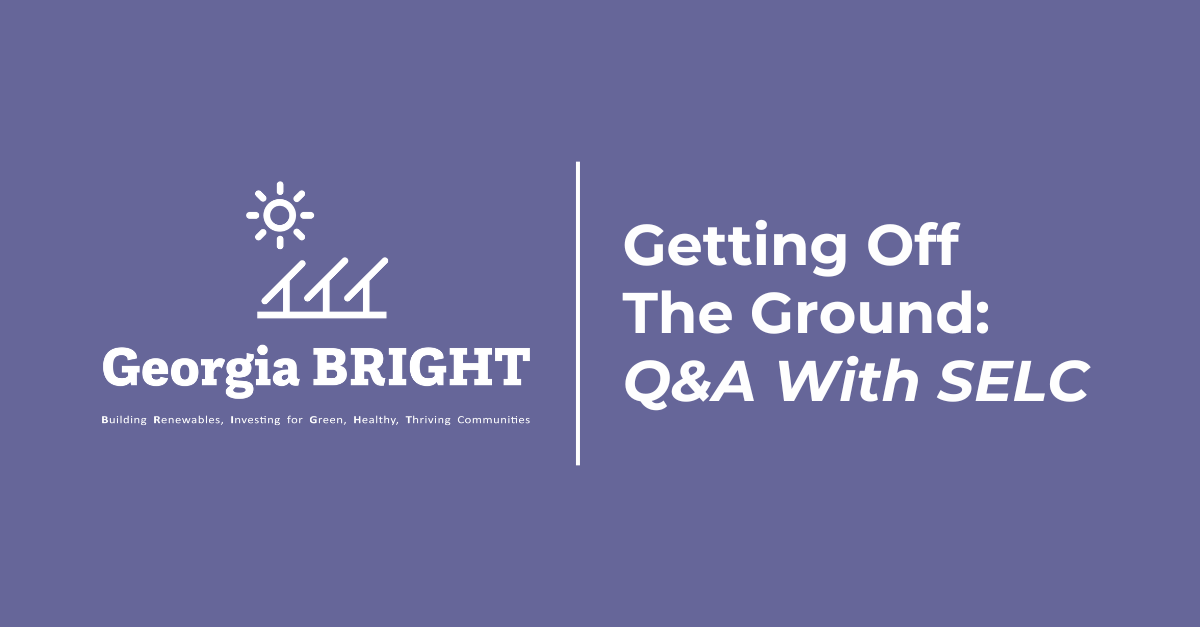“Do you own your home – and are you interested in talking about solar?”
The intense growth of the solar industry has led to thousands of homeowners being confronted by these two questions whether it is in person, by phone, by email, or by text. While there are a lot of credible solar companies in the market, there are a growing number of bad actors looking to take advantage of homeowners, especially ones from low- and middle-income communities.
The bad actors hurt not only the homeowners they are scamming, but they are creating a sense of mistrust and wariness about solar among homeowners (especially the aforementioned LMI homeowners). These scam artists are having a negative effect on solar companies and installers who want to do the right thing as well as setting back efforts to help mitigate the impact of solar on global warming.
So how can homeowners avoid solar scams? Here are some tips:
Don’t make a rash decision – Choosing to go solar is a big decision and it shouldn’t be one you make on the spot, no matter what anyone says. Beware if they say you can sign up now and always change your mind later. Any reputable provider doesn’t need an immediate answer. Someone sketchy wants you to sign as soon as possible.
Do your “homework” – Knowing about your house will help you discern what you need and what you don’t in a solar energy system, so you won’t get talked into unnecessary extras. This includes knowing your energy consumption history from your electric bill, how old the roof is, what direction your house faces, and if you are especially vulnerable to losing power during storms. Use resources like Google’s Project Sunroof to find out how much you stand to save from a system that is the right size for your home. Also educate yourself about incentives, tax credits, and whether your state offers net metering.
Shop around for a good installer – A good rule of thumb is to get estimates from at least three installers. Check out each to make sure they are reputable. Resources like your state’s energy office’s solar installer directory, websites including EnergySage, and personal reviews from people you trust can be invaluable. Ask the installer questions like how long they have been in business and whether their employees are certified with the north American Board of Certified Energy Practitioners.
Look at the language – As with any contract, make sure you read the fine print to make sure you understand exactly what you are agreeing to before you sign anything. Look for hidden fees and costs that can add money to your project.
Following these tips can save you a lot of money, time, and heartache as you search for a solar energy system that meets your needs while becoming part of the solution to the climate crisis.
